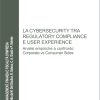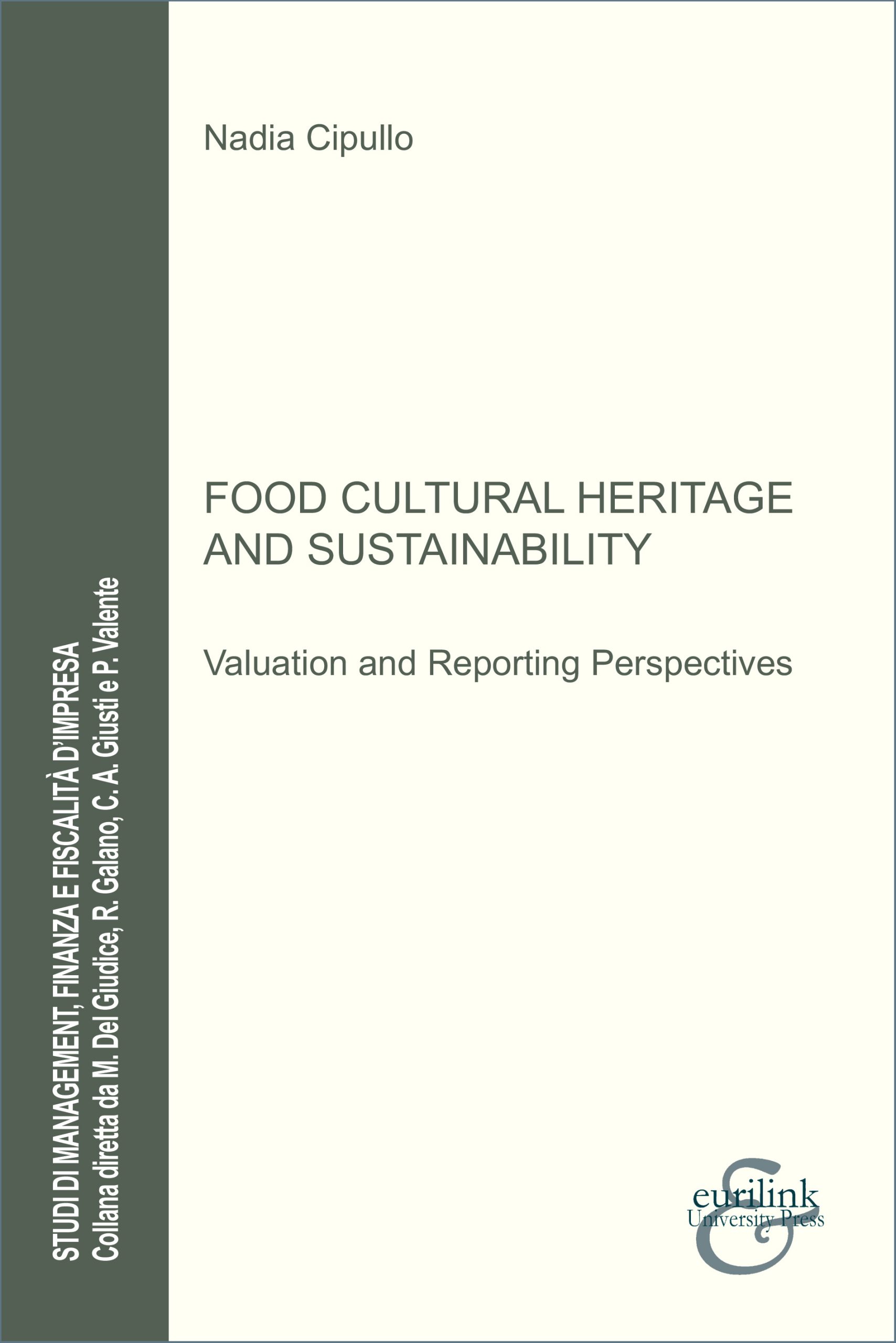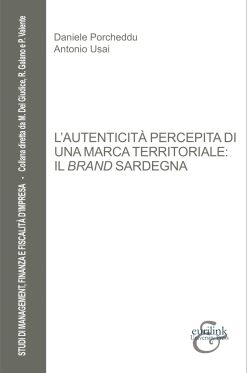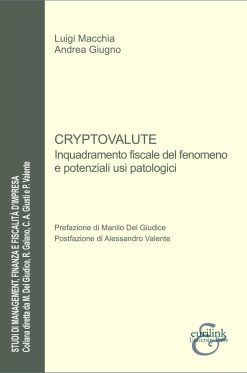Luglio 2025
pp. 360
COLLANA: Studi di management, finanza e fiscalità d’impresa – 26
ISBN: 979-12-80164-81-0
Food constitutes one of the most profound expressions of cultural identity, encompassing the entire cycle from cultivation through preparation to consumption practices. The cultural significance of foodways has gained unprecedented recognition, exemplified by UNESCO’s inscription of “The Traditional Art of Neapolitan Pizza Making” (2017) and the “Mediterranean Diet” (2013). This growing attention includes the 2025 candidacy of Italian cuisine for UNESCO recognition as intangible cultural heritage. These designations signal a growing awareness that food traditions embody complex systems of knowledge, social relations, and territorial connections. The UNESCO Parma Declaration emphasizes the need to strengthen links between culture, food, and education; ensure that food production models place communities and their cultural resources at the centre of sustainable development; and promote awareness of traditional knowledge systems. From an accounting and valuation perspective, the cultural dimensions of food systems present unique challenges and opportunities. Food cultural heritage possesses both use-value expressed in economic terms and non-use value understood as intrinsic cultural, historical, and social worth. This form of heritage can be conceptualized as “living heritage,” owned by entire communities and requiring continuous practice and transmission through organizations devoted to its preservation. The Faro Convention’s recognition of “heritage communities” as primary stakeholders provides the democratic framework for this participatory approach and the concept of Territorial Living Heritage Labs emerges as a promising model where multi-stakeholder approaches ensure dynamic preservation while identifying opportunities for sustainable development. Based on these theoretical foundations, this work explores the following research questions:
- How has food cultural heritage understanding evolved through five phases from 1980 to present?
- Which organizations serve as effective custodians of food cultural heritage, and what models emerge from their practices?
- How can economic values of food cultural heritage be identified and measured through diverse valuation methodologies?
- How can food cultural heritage values be effectively reported to diverse stakeholders through integrated frameworks?
- How does the valorisation of food cultural heritage contribute to sustainable development objectives?
The work includes a comprehensive empirical analysis of Italian food heritage organizations, examining current preservation practices and sustainability integration. Ultimately, this study focuses on culture as a driver and fourth pillar of sustainable development. Food cultural heritage must be protected not only for its intrinsic value, but as a resource for socio-economic growth. “Heritage communities” play a key role in protecting and transmitting these traditions. By developing frameworks for understanding, valuing, and reporting food cultural heritage, this work reveals how communities can engage with their cultural resources to create sustainable futures.
Nadia Cipullo, Business Economist with a Ph.D. in Business Administration, is Tenure Track Researcher at Università degli Studi LINK in Rome, where she teaches “Accounting and International Financial Reporting Standards” and “Company Evaluation”. She serves as Scientific Director of the Master’s program in “Brand Manager of Sustainable Agri-Food and of the Territory”. She has been visiting Ph.D. student at the University of Edinburgh, visiting Professor at the Ukrainian Academy of Banking, and visiting Erasmus+ scholar at the Technical University of Kosice and University of Faro. Her publications focus on financial reporting, IAS/IFRS, and accounting profiles of liquidity risk. Her current research interests include cultural heritage valorisation and reporting, value co-creation in inclusive museums, circular economy and tourism, social impact assessment. She is Co-Founder and Impact Assessor of the Benefit Limited Partnership “T-our Experience,” which valorises territories through integrated cultural itineraries to generate positive social and environmental impacts.









